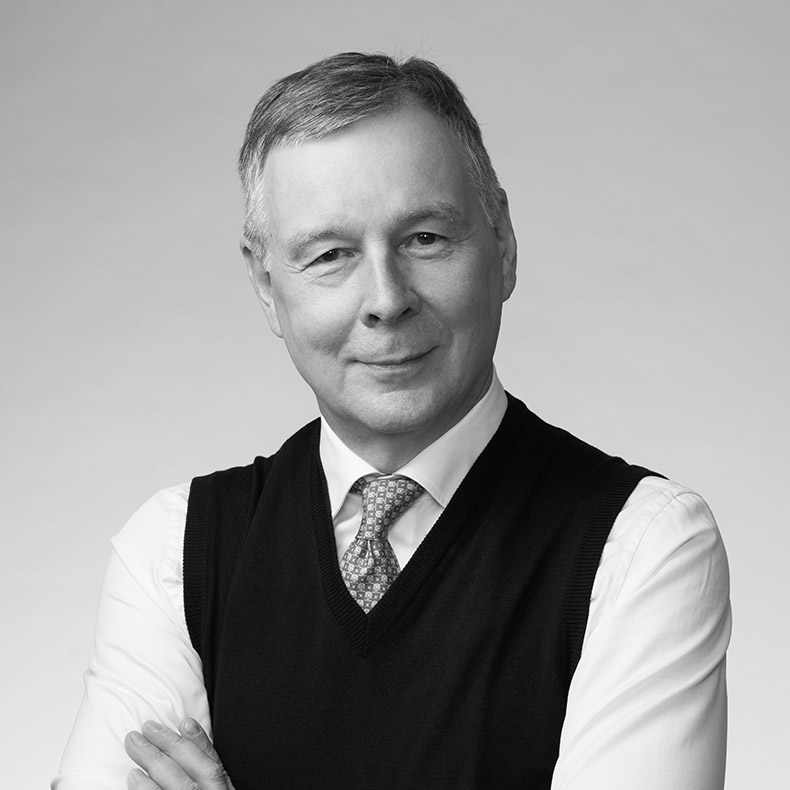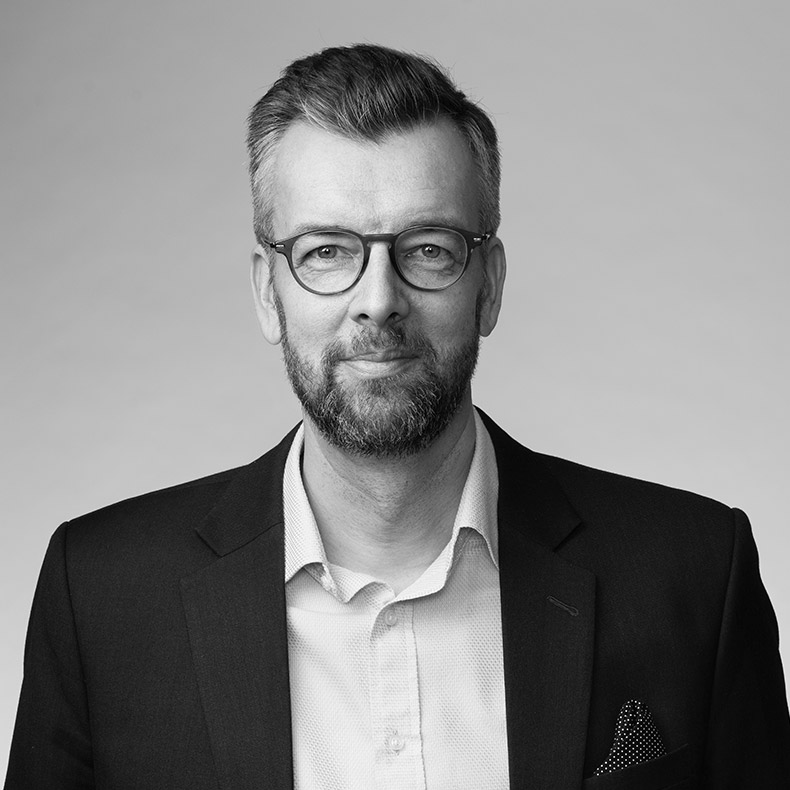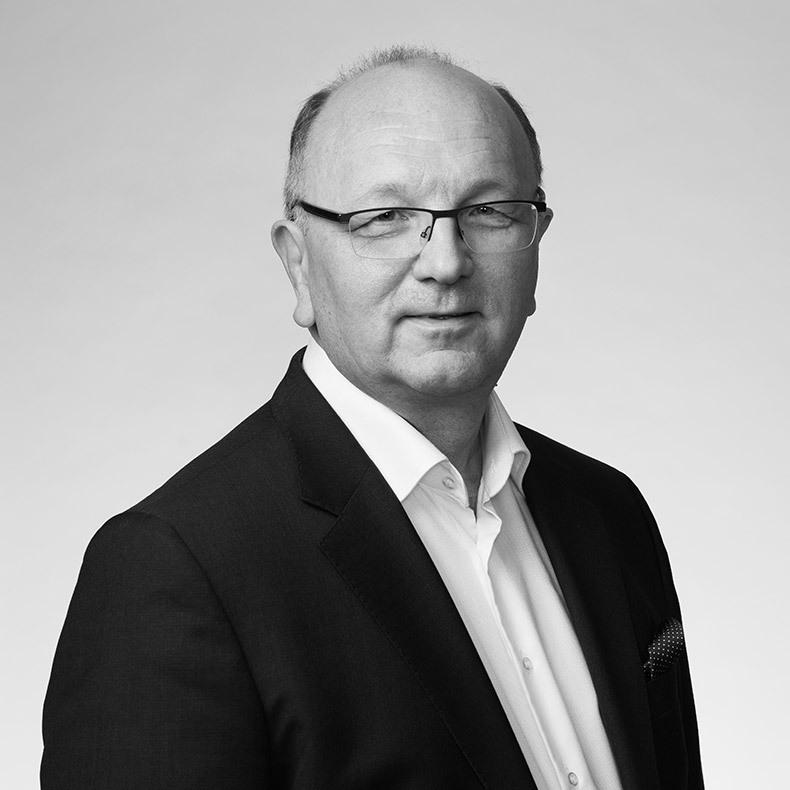How do we ensure a just, prosperous, and resilient Nigeria when it turns 100 in 2060? This question underpinned the Which Way Nigeria – Citizen Scenarios to 2060 (CS60) initiative. The ambitious project aimed at creating scenarios for the country up to 2060 and offering a roadmap towards achieving Nigeria’s desired path to the future. The scenarios are intended to inspire a serious national conversation on where Nigeria is heading and what policies are required to create the future Nigeria that Nigerians want.
With Nigerian civil society organizations taking the lead, CS60 brought together leading local and international experts, whilst Capful brought its scenario expertise to the table. We facilitated the participatory process and used our advanced scenario methods to ensure logical, plausible, and thought-provoking scenarios. Building on a rigorous analysis of the critical uncertainties, we used our proprietary Scenario Builder™ software to make sense of the highly complex environment. The tool generates an intriguing, interactive map of the entire scenario space and helps capture the most relevant and plausible scenarios.
The Nigerian-owned and run project created four scenarios that stem from the existential questions that Nigeria and its citizens wanted to ask regarding their country’s future. Each scenario has a detailed timeline covering all key sectors including energy transition, security, urbanization, migration, education, health, and citizen engagement. The scenarios were unveiled on 11 January 2023 in a news conference in Lagos.
The project was both exceptional and highly rewarding for Capful in that all participants were prepared to take such an honest look at where Nigeria stands today and where it wants to be by 2060. The four scenarios cover the full spectrum of the country’s future opportunities and challenges, which are fittingly captured in the scenario names: 1) Land of Hustle, 2) Green land, 3) Land of Lost Hope, and 4) Blood land.
Please follow this link to download full scenario descriptions and storylines.
“With its abundant resources and its population likely to hit 400 million by 2050, Nigeria holds immense future potential. Helping facilitate the scenario process that engages Nigeria’s civil society has been both demanding and meaningful.”
– Arto Kaunonen, Capful’s Founder and Senior Partner
Scenarios are holistic descriptions of possible and alternative future environments. Scenario work is not about predicting one most likely future. The scenarios described may seem more or less likely to different people. However, the aim is not to select one scenario by ranking them in order of probability, but to look at the scenarios as a whole. Future events are often a combination of different scenarios. Scenarios are not an attempt to claim what is certain to happen in the external environment, but rather to strengthen the ability to understand current phenomena and their alternative development paths, and to improve the ability to react and change.
Interested?
Contact us

Arto Kaunonen
Founding Partner
050 356 0717
arto.kaunonen(at)capful.fi


